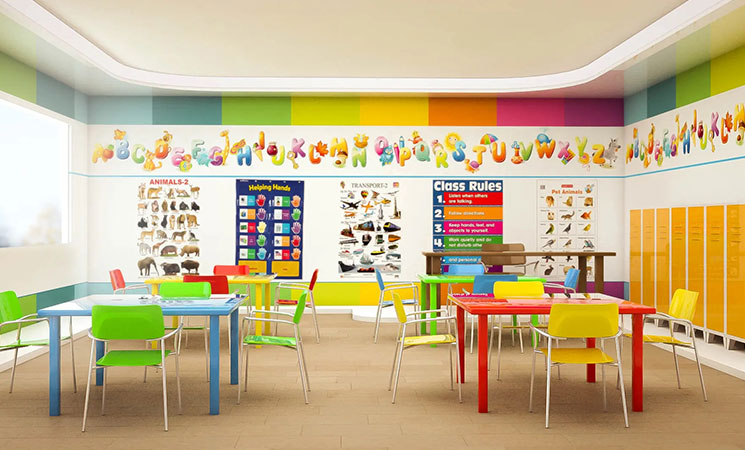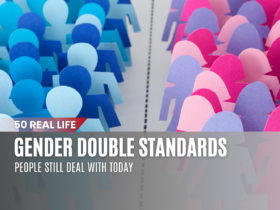There Is No Such Thing As The Perfect Kindergarten

Kindergarten marks a pivotal stage in a child’s educational and developmental journey, yet the quest for the perfect kindergarten is a pursuit of a mirage. This article aims to dispel the myth of the flawless kindergarten and highlight the significance of acknowledging and embracing the inherent imperfections in early childhood education.
Understanding the Diversity of Children
Children are wonderfully diverse, each with their own blend of talents, challenges, and needs. It’s unrealistic and impractical to expect a one-size-fits-all kindergarten program. Children’s backgrounds, cognitive and social abilities, and learning styles vary greatly. Appreciating this diversity is key to creating a kindergarten environment that is welcoming, inclusive, and capable of nurturing each unique learner.
Developmental Variability
Development among children is not uniform but beautifully diverse. Some may showcase academic prowess early on, while others shine in social interaction. The notion of a perfect kindergarten often overlooks this natural variability. Instead, a focus on providing an environment that supports individual developmental paths, allowing children to flourish at their own pace, is far more beneficial.
Play-Based Learning and Creativity
Kindergarten is synonymous with learning through play, exploration, and creativity. However, the rigid academic structures often associated with the perfect kindergarten concept can undermine the significance of play. A kindergarten that celebrates and encourages play is one that truly understands the essence of early learning.

Social and Emotional Development
The kindergarten experience transcends academic learning. It’s a crucial phase for children’s social and emotional growth. Here, they learn the intricacies of friendships, conflict resolution, and emotional self-regulation. A truly supportive kindergarten prioritizes these aspects, crafting an environment where children can develop empathy, communication skills, and emotional strength.
Collaboration between Educators and Families
Contrary to the myth of the perfect kindergarten that burdens educators with sole responsibility, the role of families is paramount. The partnership between educators and families is instrumental in shaping a child’s learning environment. Recognizing and nurturing this collaborative relationship is essential for a holistic and enriching kindergarten experience.
Flexibility and Adaptability
The quest for the perfect kindergarten often mistakenly advocates for a rigid, unchanging set of standards. However, educational strategies and best practices are dynamic. A kindergarten must be flexible and adaptable, ready to embrace new approaches and insights that reflect the latest research and understanding of child development.
Continuous Improvement
The journey towards an ideal kindergarten is one of constant evolution, not a destination of perfection. Embracing imperfection involves recognizing the necessity for ongoing growth and development. Kindergarten educators should be committed to continuous learning, open to constructive feedback, and consistently reflective about their practices to better the educational experience for every child.
Final Thoughts
The pursuit of the perfect kindergarten is an illusion that overlooks the rich diversity and individuality of young learners. By embracing the complexities of early childhood education, promoting play and creativity, prioritizing social and emotional learning, and fostering strong partnerships between educators and families, kindergartens can create nurturing, dynamic environments. These settings respect each child’s unique journey, paving the way for a lifetime of learning and growth.

























